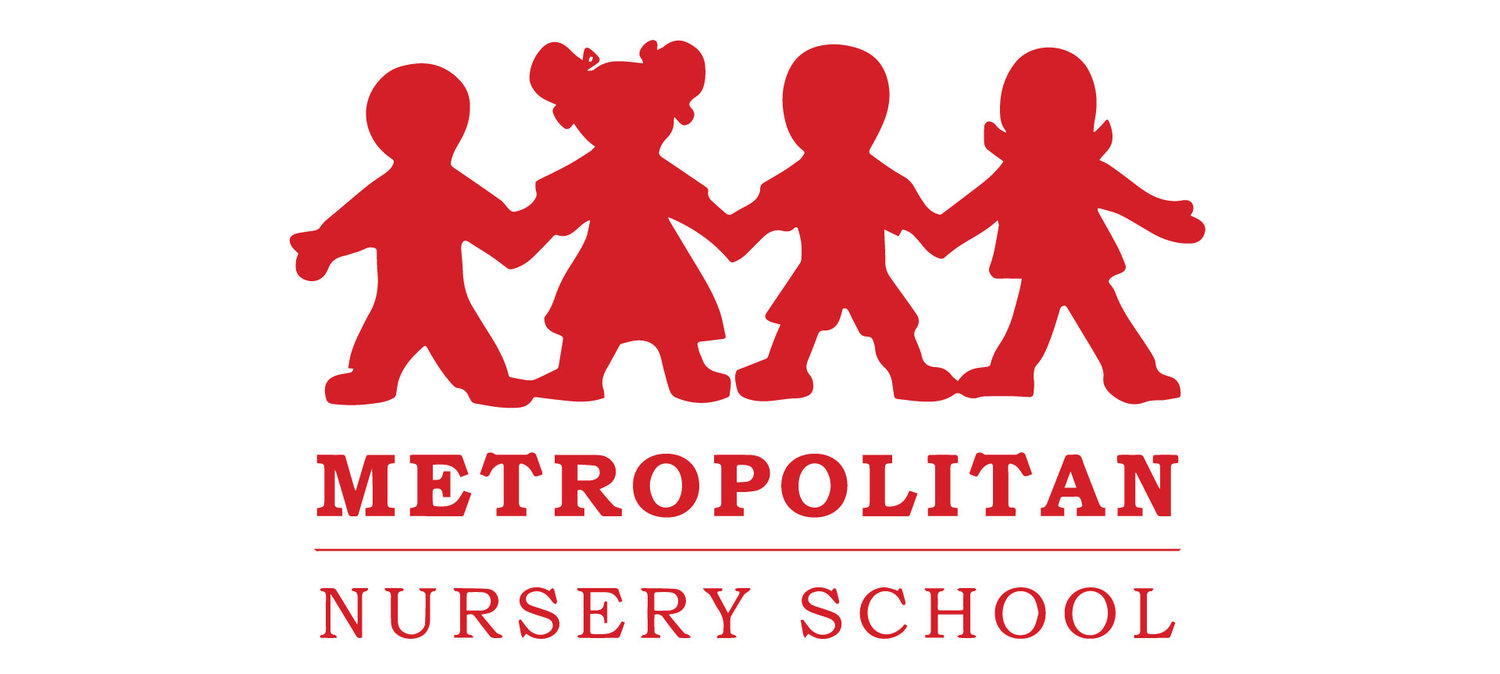This article in Forbes references an exchange the anthropologist, Margaret Mead, had with a student about the first signs of civilization.
“Helping someone else through difficulty is where civilization starts,” Margaret Mead said, “Never doubt that a small group of thoughtful, committed citizens can’t change the world; For, indeed, that's all who ever have.”
I have been thinking a lot lately about what the current time can teach our children, because they (and we) are always learning. They observe the world around them constantly and process what they observe to help them figure out how the world works. Observation is one of our most powerful tools for learning. What we teach them during this time will largely be based on what we do during this time.
Civility, being kind and empathetic to others, is an integral part of our humanity. We are at our best when we lift up and protect the weakest among us. As times change, the “weakest” may change based on the current situation. Generally, when times are “normal”, children are members of society that need our protection. Interestingly, the current crisis places them higher on the hierarchy: they appear resilient to this virus in ways that other members of our society are not. We should make them feel safe (they for the most part are) and we should teach them to take care of those that are more vulnerable in this moment (the elderly/their grandparents, those with pre-existing conditions). Teaching them by modeling good social distancing, good hand-washing, and the importance of reaching out (via phone, Facetime, Zoom, or letter) to check on others are all ways they can see us taking care of others.
Civilization will survive as long as we protect our civility. This time will pass and we will look back and grade our behavior based upon how we preserved our humanity. If we do this well, we will not only have preserved our own humanity, but also modeled, taught and nurtured its growth in our children.
